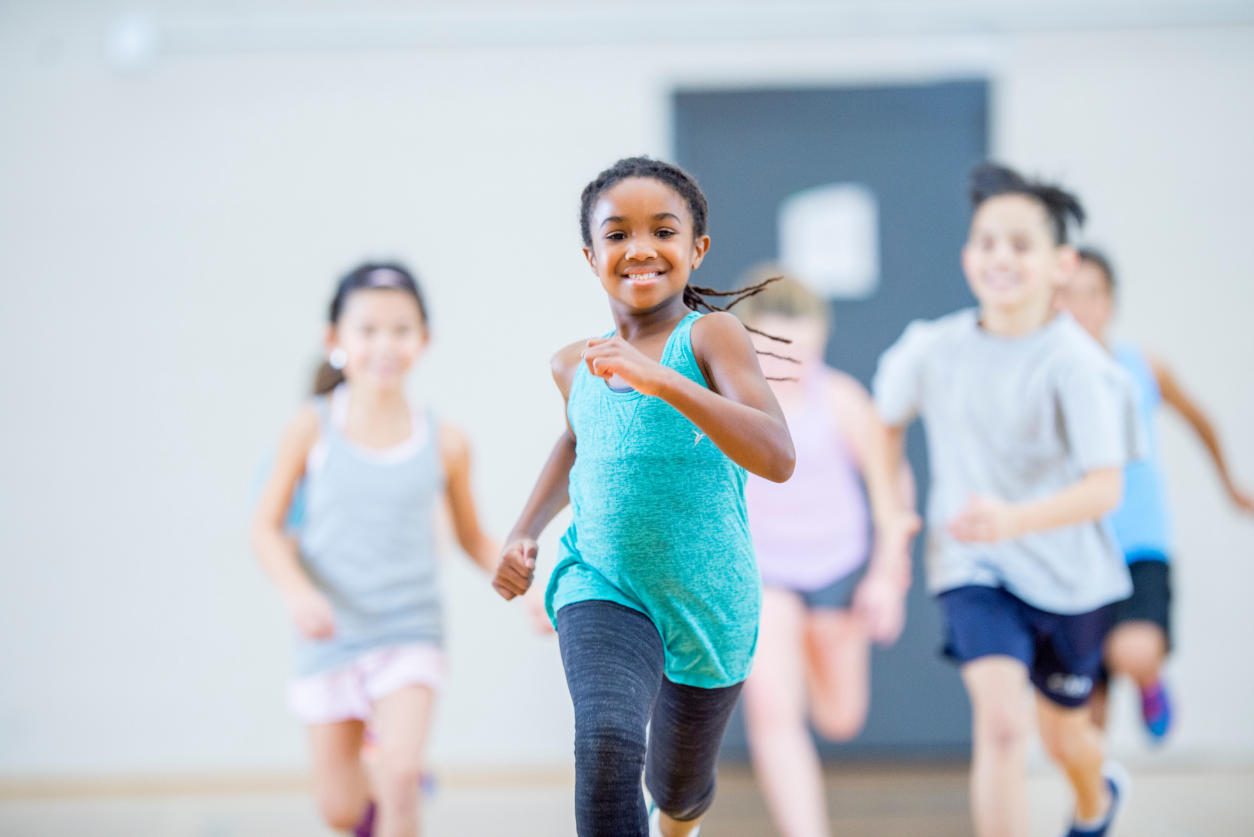When people think about athletes, they often focus on physical abilities—speed, strength, agility, and endurance. But one of the most powerful tools an athlete can develop isn’t physical at all—it’s mental. This is where sports psychology plays a major role. It’s the science of how the mind influences athletic performance, and it’s changing the game for athletes of all levels.
At Launch Sports Performance, we understand that the mental side of sports is just as important as the physical side. Through sports psychology techniques, athletes can improve focus, boost confidence, manage stress, and perform better under pressure.
In this blog, we’ll explore what sports psychology is, how it works, and why it’s essential for athletes who want to reach their full potential.
What Is Sports Psychology?
Sports psychology is the study of how mental and emotional factors affect performance in sports, exercise, and physical activity. It involves understanding how athletes think, feel, and behave during practice and competition. Sports psychologists and mental performance coaches use this knowledge to help athletes improve their mental skills.
These skills include:
- Confidence
- Motivation
- Focus
- Goal setting
- Coping with pressure
- Managing performance anxiety
Sports psychology isn’t just for professional athletes. It benefits youth athletes, high school and college players, and anyone who wants to improve their mental game and enjoy sports more.
The Mental Side of Sports: Why It Matters
Ask any experienced athlete, and they’ll tell you—performance isn’t just about muscle. In fact, during high-pressure situations like playoffs, finals, or college recruiting events, an athlete’s mindset can be the deciding factor between success and disappointment.
Here’s why the mental game matters:
- Athletes must stay focused and avoid distractions.
- Confidence can make or break performance.
- Handling failure and setbacks is part of the process.
- Stress and pressure can cause physical mistakes.
- Motivation keeps athletes training, even when it’s tough.
By working on these mental areas, athletes become more consistent, prepared, and resilient—on and off the field.
Key Ways Sports Psychology Boosts Performance
Let’s break down the main ways sports psychology helps athletes reach new levels of performance:
1. Improves Focus and Concentration
Staying focused in sports can be tough. There are distractions everywhere—crowds, teammates, opponents, and even internal thoughts like fear of failure.
Sports psychology helps athletes:
- Learn how to stay in the moment.
- Block out distractions.
- Use routines and breathing techniques to stay grounded.
Focused athletes make better decisions, react faster, and stay composed during high-pressure moments.
2. Builds Confidence
Confidence is the belief that you can succeed—and it’s a game-changer. Even talented athletes can struggle with self-doubt, especially after a mistake or poor performance.
Sports psychologists help athletes:
- Use positive self-talk.
- Reflect on past successes.
- Practice visualization to picture success.
With more confidence, athletes take smart risks, bounce back faster from setbacks, and trust their training.
3. Reduces Performance Anxiety
Feeling nervous before a big game is normal, but too much anxiety can hurt performance. Tight muscles, shaky hands, or racing thoughts can throw an athlete off their game.
Sports psychology teaches:
- Relaxation techniques like deep breathing and mindfulness.
- Mental imagery to rehearse performance.
- Ways to reframe pressure as excitement instead of fear.
These tools help athletes stay calm and in control, even when the stakes are high.
4. Develops Mental Toughness
Mental toughness means being able to push through challenges, stay disciplined, and keep going—even when things get tough.
Through sports psychology, athletes:
- Set clear, realistic goals.
- Learn to stay positive after setbacks.
- Build resilience through repetition and mental training.
Tough athletes don’t give up easily. They stay locked in, motivated, and driven to improve.
5. Increases Motivation
Staying motivated over a long season or during off-season training isn’t always easy. Athletes need to stay focused on why they play and what they want to achieve.
Sports psychologists help athletes:
- Set short- and long-term goals.
- Create action plans to stay on track.
- Tap into both internal and external motivation.
With a clear purpose and consistent drive, athletes are more likely to reach their goals.
Real-Life Examples of Sports Psychology in Action
Many professional and Olympic athletes use sports psychology to gain an edge. Athletes like Simone Biles, Michael Phelps, and Novak Djokovic have talked openly about how working with sports psychologists helped them manage stress, build confidence, and stay mentally strong.
But sports psychology isn’t just for elite athletes. At Launch Sports Performance, we work with athletes at every level—helping them build mental skills that carry into competition, school, and life.
When Should an Athlete Start Sports Psychology Training?
The sooner, the better. Young athletes can benefit from learning mental strategies early, just like they learn how to dribble, shoot, or sprint. Early exposure builds strong habits that support long-term success.
Older athletes or those dealing with specific challenges—like performance slumps, injuries, or burnout—can also benefit from sports psychology. It’s never too late to build a stronger mental game.
What to Expect with Sports Psychology at Launch Sports Performance
At Launch Sports Performance, our mental training programs are personalized for each athlete. We focus on:
- Building confidence and motivation
- Sharpening focus and concentration
- Managing nerves and pressure
- Creating pre-performance routines
- Teaching visualization and goal-setting techniques
Our goal is to give athletes the tools they need to not only perform better but also enjoy the game more.
Final Thoughts
Sports psychology is a powerful part of athletic development. It helps athletes train their minds like they train their bodies—leading to better performance, stronger confidence, and more enjoyment in the game. Whether you’re a beginner or an experienced athlete, building mental strength can give you the edge you need to succeed.
If you’re ready to level up your mental game, Launch Sports Performance is here to help.

